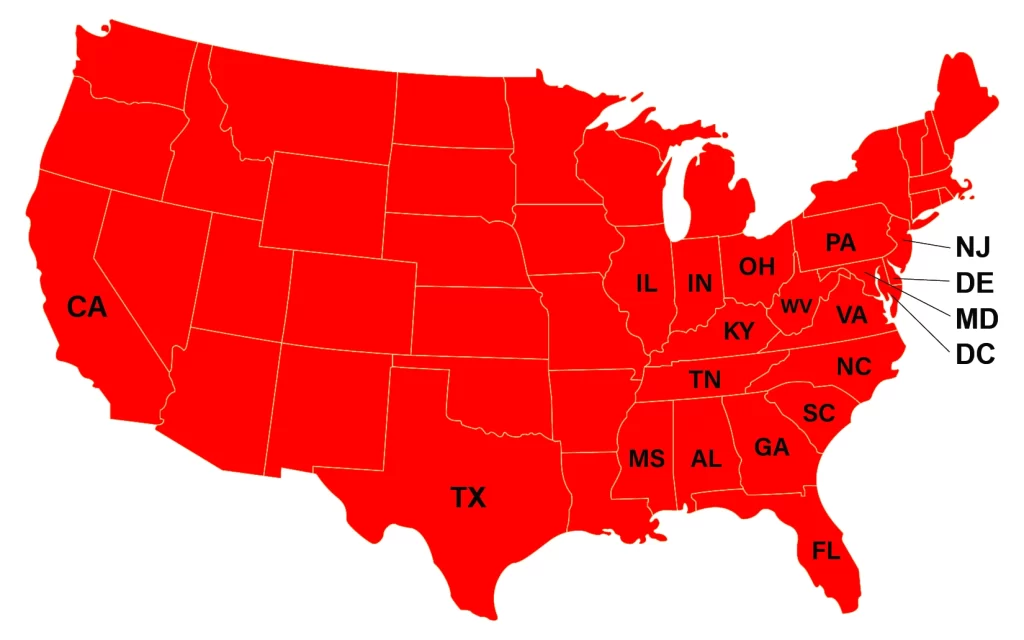Cohabitation is a term used to refer to a living situation where two people live together, but are not married. In the case of divorced individuals, cohabitation is a scenario that could negate the need for alimony payments. But the party receiving these payments is not likely to admit to the cohabitation. How do you know if your ex is cohabitating with someone? What can you do about it if they won’t admit to it? Here are some signs to look out for and steps you can take to bring out the truth.
Is Cohabitating Occurring?
There are some signs that might tell you if your ex is cohabitating with a new flame, including:
- The presence of personal belongings, such as clothing and toiletries, in one another’s homes
- Frequent trips taken together, such as vacations
- How many days they stay together at one home or the other
- Joint bank accounts
- Public displays of affection
- Proof of an engagement, such as an engagement ring or making wedding plans
If So, What Can I Do?
If you are sure that cohabitation is occurring, you could try to confront your ex and request a new agreement involving elimination or reduction of alimony payments, or perhaps an updated custody agreement. However, it’s likely that your ex will not admit to the cohabitation, so that they can continue to receive alimony payments.
In this case, your only course of action is to gather proof of cohabitation to present in court. But to gather this evidence, you must engage in actions that could be considered stalking your ex. It’s better to call in a professional to investigate on your behalf.
How Can a Private Investigator Help My Case?
A private investigator can help you to gather the evidence you need to prove cohabitation and initiate proceedings for a new agreement with your ex. They will conduct surveillance, identify the individuals involved, interview witnesses, audit financial assets, and perform background checks. J. P. Investigative Group in Charlotte, North Carolina, will investigate whether your ex is involved in a cohabitation situation and compile a report that you can use as evidence in court. They have more than two decades of investigative experience and will help you negotiate a new alimony or custody agreement. Contact them today to schedule a consultation!


